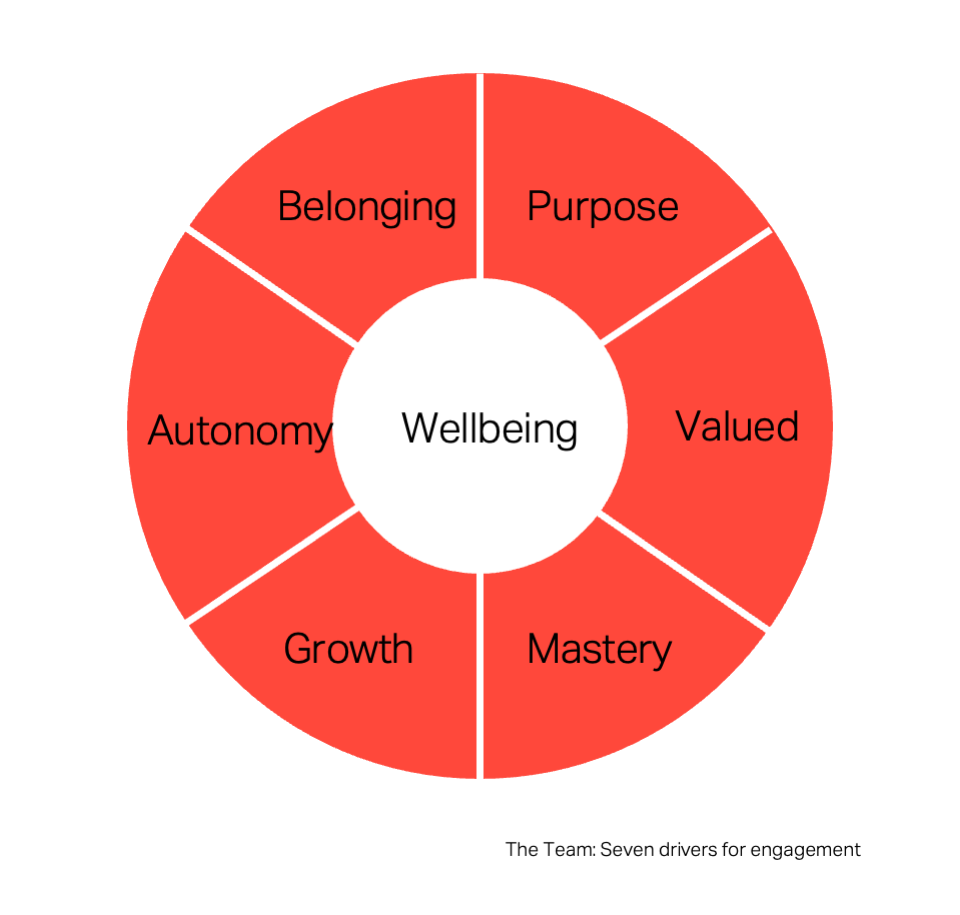Has the UK Lost its Work Ethic?

Shadow Home Secretary, Chris Philp has told Brits to pull up their bootstraps reports City AM. But have we really lost our work ethic they ask?
I don’t think so.
But can leaders do more to unleash the potential in the workforce. Yes, absolutely.
So we took a closer look at some data.
We looked at frontline workers in the UK and how they described their attitudes towards work. For frontline, read anyone who isn’t in a senior leadership position. In 2020, 35% said they would describe themselves as career focused. By 2024, this number had grown to 45%. In the USA and Canada, that figure remained at 35%. In fact, Enterprise Nation has reported that nearly half of Brits are thinking of starting a business or side venture in 2025.
So far so good. But levels of ambition are falling.
In 2020, 36% of UK frontline workers said they would describe themselves as “ambitious.” Last year that figure fell to 30%. In the USA and Canada those figures dropped from 43% to 40%.
So why is ambition faltering, yet business hustles are rising? Why do workers say they’re more career-focused, and yet some business leaders claim their work ethic is waning? And what does it mean when ambition is waning?
For leaders of organisations, part of the answer is giving workers clear, purpose-led goals, and giving them the freedom and autonomy to act on them. In his book ‘Drive’, author Daniel Pink outlines autonomy, mastery and purpose as three motivational factors for workers.
Last October signatories – including BT, IKEA and Unilever – signed an open letter calling on the UK to set ‘ambitious and investable’ sustainability goals for 2035. Yet at the same time some businesses are rowing back on climate targets. You can forgive workers for not knowing where they stand when it comes to purpose.
Of course, purpose isn’t just about ESG goals. It can be about anything from safety to making money to delivering a quality service. But ultimately, all those things – if they are to be sustainable – are built on a higher purpose. What Simon Sinek has identified as the ‘Why?’
I’m a big fan of Daniel Pink’s work, although I think there’s four other drivers for you to consider: acknowledgement, development, belonging and wellbeing. These support to Pink’s drivers and are essential to any rounded employee experience.

In his book, The Geek Way, Andrew McAfee documents the habits of companies that are bucking the trend and reinventing culture. He talks about employees being able to own decisions, being open to new ways of doing things, speed of progress and iteration, and using evidence to push decisions forward. It’s these cultural markers that we need to adopt to supercharge workplaces.
And that brings me back to work ethic. Employees need clear and certain direction from leaders who can also be an inspiration to them. Right now, they’re maybe being let down in a world where business is unsure of which way to point. Do they go full on in saving the planet or do they focus again on just innovating for commercial success?
Of course, there’s something around the changing culture among some generations who are seeking life fulfilment rather than work fulfilment. People are looking for experiences that are memorable and which teach them something about themselves. That’s why they disappear off to learn how to surf in Bali, trek across the Andes or go on Buddhist retreats in Indonesia.
Can you offer your workers the opportunity to take time out to go and go something less routine instead, and still offer them the chance to come back to a job? After all, chef Ferran Adrià used to close his world-reknown El Bulli restaurant regularly so he and his team could go find inspiration, returning stronger.
If work can offer that kind of experience then perhaps it will help fuel the ambition of workers. Maybe that’s why there’s this ambition / career focus disconnect?
And then of course there’s pay.
It shouldn’t go without comment that the UK’s income inequality has dropped from its peak in 2000, to rates comparable with 1986. Brits have sensed a decline in the fair distribution of wealth and the data bears that out.
Sometimes it can be simple old style drivers like fair reward that can drive worth ethic.





